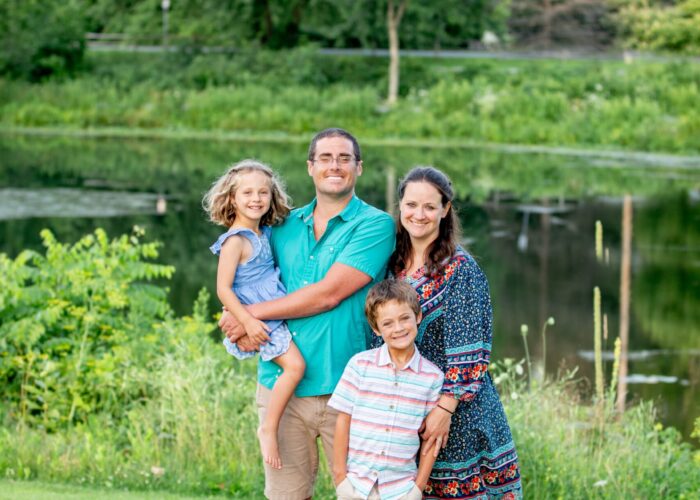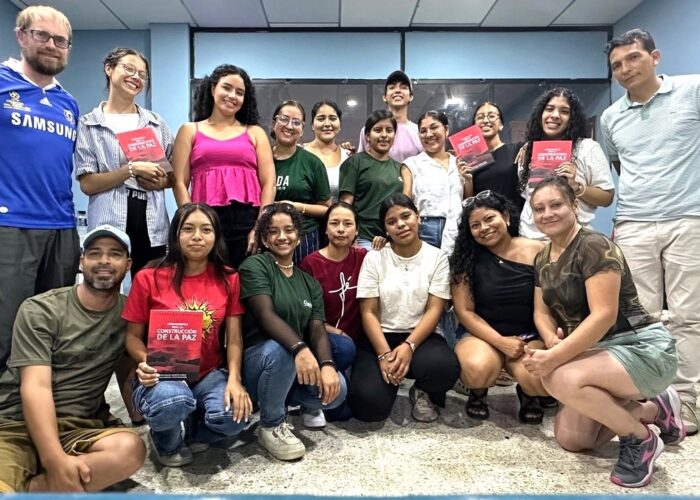ELKHART, Ind. (Mennonite Mission Network) — Results from the 2006 Mennonite Member Profile for Mennonite Church USA indicate, if not an identity crisis, at least a potential identity divide between urban and non-urban Mennonites and between racial/ethnic Mennonites and the rest of the denomination.
|
Urban Connections – September 2007 |
- When asked what two religious words best identify them, two-thirds of the overall Mennonite Church USA respondents chose “Mennonite” or “Anabaptist.” Among pastors, 84 percent chose one of those words. Among urban racial/ethnic respondents, though, only 41 percent of those in Mennonite Church USA chose one of the two words. In fact, urban racial/ethnic respondents were just as likely to identify themselves as “evangelical” or “spiritual” as “Mennonite.”
- In the past five years, 25 percent of new members have been from racial/ethnic groups. Before 2001, racial/ethnic new members made up just 6 percent of those entering new membership.
- About 34 percent of Mennonite Church USA live on farms or in the open country and less than 10 percent live in cities of more than 250,000 people. (Another 11.4 percent live in cities with populations between 50,000 and 250,000.) However, 39 percent of racial/ethnic members live in urban areas, compared to just 8 percent of white Mennonites.
- About 82 percent of urban racial/ethnic respondents said it was very important or fairly important that their congregation be a part of Mennonite Church USA, compared to about 70 percent of the entire denomination. And 63.3 percent of urban racial/ethnic representatives polled said they will always want to be members of the denomination, compared to 47.7 percent of the church as a whole.
More information and analysis of the profile data is in Kanagy’s recently released Herald Press book, “Road Signs for the Journey.”
Talk back: To respond to this story, e-mail urbanconnections@mennonitemission.net. Subscribe to this and other e-mail lists through Mennonite Mission Network.



